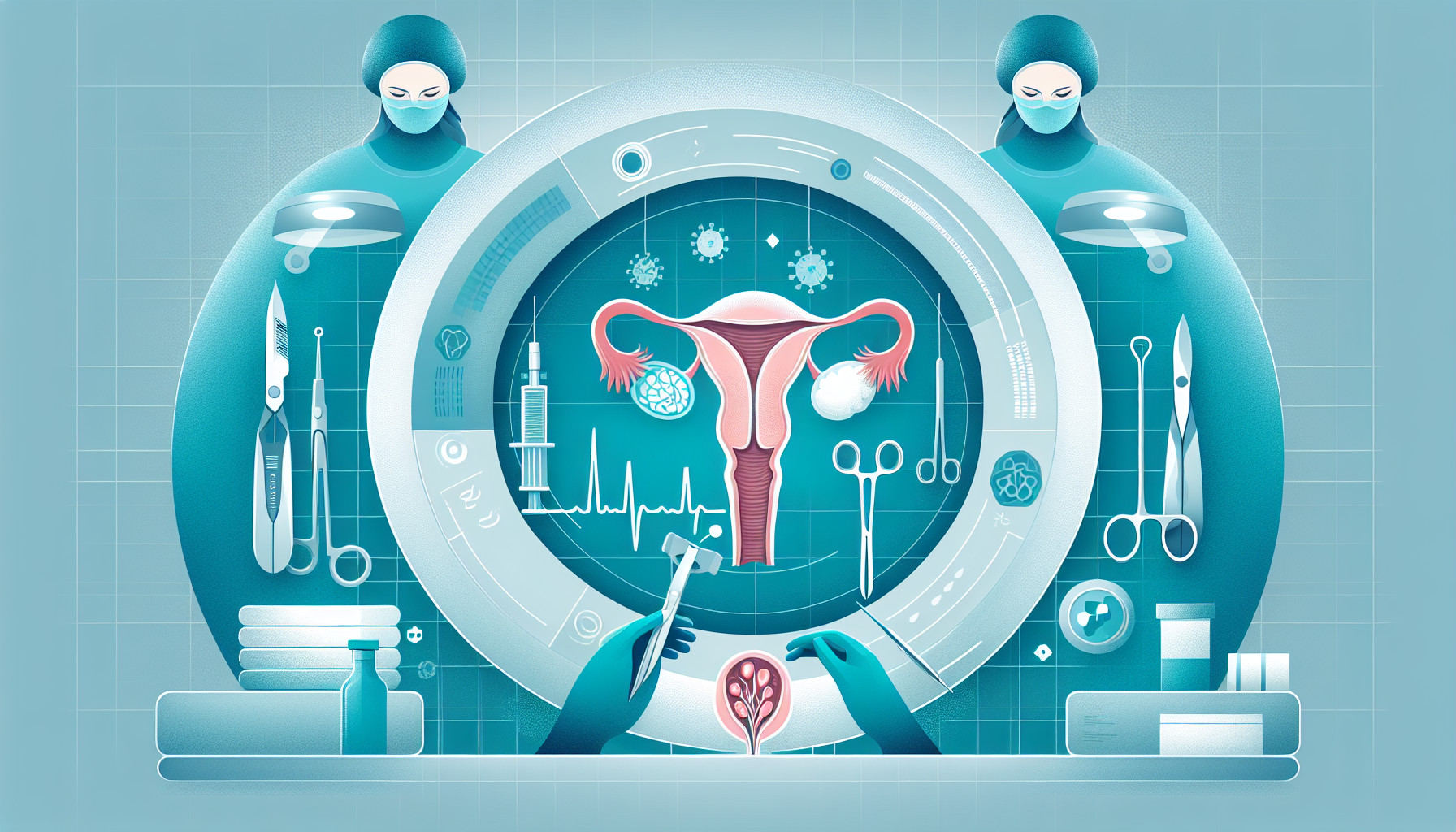Our Summary
This research paper is about a study that was conducted to find out how removing ovarian cysts affects the success rates of fertility treatments (IVF and ICSI).
In the study, they looked at data from 550 patients who had a persistent ovarian cyst and underwent IVF or ICSI treatment between 2002 and 2011. Out of these, 328 patients chose to have their cysts removed surgically while 222 opted for a non-surgical approach. They compared these patients to a control group of 13,552 patients who underwent IVF or ICSI treatment in the same period but didn’t have an ovarian cyst.
The results showed that patients who didn’t have surgery needed a higher dose of medication to stimulate their ovaries than the control group. However, they had a slightly higher number of eggs retrieved compared to those who had surgery. On the other hand, patients who had the surgery had a lower number of eggs retrieved compared to the control group.
When it came to the pregnancy rate, patients who had surgery had a similar rate to the control group. However, patients who didn’t have surgery had a significantly lower pregnancy rate and lower live birth rate compared to the control group.
The conclusion from the study was that removing an ovarian cyst did not have a negative impact on the pregnancy rate or the live birth rate. In other words, the surgery did not reduce a woman’s chances of getting pregnant or having a live birth.
FAQs
- How does removing ovarian cysts impact the success rates of IVF and ICSI treatments?
- Does having an ovarian cyst removal surgery reduce a woman’s chances of getting pregnant or having a live birth?
- What was the difference in pregnancy rate between patients who had their ovarian cysts removed and those who didn’t?
Doctor’s Tip
A helpful tip that a doctor might tell a patient about ovarian cyst removal is to discuss the potential impact on fertility treatment success rates. It is important to weigh the benefits and risks of surgery versus non-surgical approaches, as the study mentioned showed that surgical removal of ovarian cysts did not negatively impact pregnancy rates or live birth rates in patients undergoing fertility treatments. Additionally, it is important to follow post-operative care instructions and attend follow-up appointments to ensure a successful recovery.
Suitable For
Based on the findings of this study, it can be inferred that patients who are undergoing fertility treatments such as IVF or ICSI and have persistent ovarian cysts may be recommended to undergo ovarian cyst removal in order to optimize their chances of success in achieving pregnancy and live birth. Additionally, patients who have a lower response to ovarian stimulation medication and a higher number of eggs retrieved may benefit from surgical removal of ovarian cysts. However, it is important to note that each patient’s case is unique and decisions regarding ovarian cyst removal should be made on a case-by-case basis in consultation with a healthcare provider.
Timeline
Before the ovarian cyst removal, the patient may have experienced symptoms such as pelvic pain, bloating, irregular menstrual cycles, and difficulty getting pregnant. They may have undergone diagnostic tests such as ultrasound or MRI to confirm the presence of the cyst. The patient would have also discussed treatment options with their healthcare provider and made the decision to undergo surgery.
After the ovarian cyst removal, the patient would have undergone the surgical procedure to have the cyst removed. Depending on the type and size of the cyst, the surgery could be done laparoscopically or through a larger incision. The patient would have been given post-operative instructions and may have experienced some pain and discomfort during the recovery period.
Following the surgery, the patient would have likely had follow-up appointments with their healthcare provider to monitor their recovery and ensure that there were no complications. They may have also been advised to wait a certain amount of time before trying to conceive again, depending on the type of surgery and the individual case.
Overall, the removal of an ovarian cyst can alleviate symptoms and improve fertility outcomes for patients undergoing fertility treatments such as IVF or ICSI. It is important for patients to discuss their options with their healthcare provider and make informed decisions about the best course of treatment for their individual situation.
What to Ask Your Doctor
Some questions a patient should ask their doctor about ovarian cyst removal in relation to fertility treatments include:
- What are the risks and potential complications associated with ovarian cyst removal surgery?
- How will the removal of the ovarian cyst affect my fertility treatment plan?
- Will removing the ovarian cyst improve my chances of getting pregnant through IVF or ICSI?
- How long should I wait after the surgery before starting fertility treatments?
- Will the surgery impact the number of eggs retrieved during the IVF or ICSI procedure?
- How will the surgery affect my hormone levels and ovarian function?
- Are there any alternative treatment options to surgery for managing the ovarian cyst?
- How will the surgery impact the success rates of the fertility treatments, such as pregnancy and live birth rates?
- What is the recovery process like after ovarian cyst removal surgery?
- Are there any lifestyle changes or precautions I should take after the surgery to optimize my fertility?
Reference
Authors: Gomez R, Schorsch M, Gerhold-Ay A, Hasenburg A, Seufert R, Skala C. Journal: Geburtshilfe Frauenheilkd. 2019 Jan;79(1):72-78. doi: 10.1055/a-0767-6722. Epub 2019 Jan 17. PMID: 30686836
